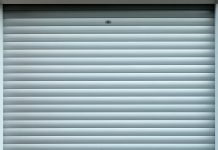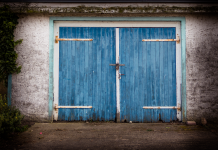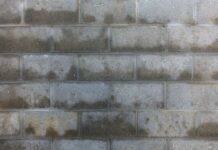Improving home energy efficiency involves a thorough approach that considers various factors affecting utility costs, such as lighting, HVAC systems (heating, ventilation, and air conditioning), water heating, and the use of appliances and electronics.
Your home’s HVAC system is crucial for energy use. Routine tasks like changing air filters and scheduling regular professional inspections—such as those for AC repair in St. Charles, IL—can enhance the efficiency of your HVAC systems. Additionally, sealing any ductwork leaks avoids loss of conditioned air, and upgrading to newer, more efficient models can significantly enhance system performance.
For water heating, prioritize proper insulation and temperature management. Insulating your water heater and adjusting the temperature setting can significantly lower energy consumption. Replacing outdated units with more efficient models also provides long-term savings.
Appliances and electronics are major energy consumers. Regularly evaluating the energy efficiency of these items and considering upgrades when beneficial is advisable. Further conservation can be achieved by unplugging devices when not in use and optimizing their operational frequency.
Lighting affects overall energy use as well. Switching to energy-efficient bulbs like LEDs or CFLs, and using dimmers and timers, can lead to significant savings and better control over energy use.
Addressing air leaks and improving insulation are essential for energy efficiency. Sealing gaps around windows, doors, and outlets, as well as enhancing insulation in areas like attics and basements, can prevent energy wastage. Additionally, investing in insulated doors and windows can help minimize thermal loss.
By implementing these strategies—regular HVAC maintenance, effective insulation, upgrading appliances, and managing lighting—homeowners can significantly reduce their energy bills and contribute to a more sustainable environment.




![CREATING A COZY SHE SHED [INFOGRAPHIC] Home Renovation blog](https://www.homedecoratingtrends.com/wp-content/uploads/2019/03/interior-3433005_1280-1-218x150.jpg)















